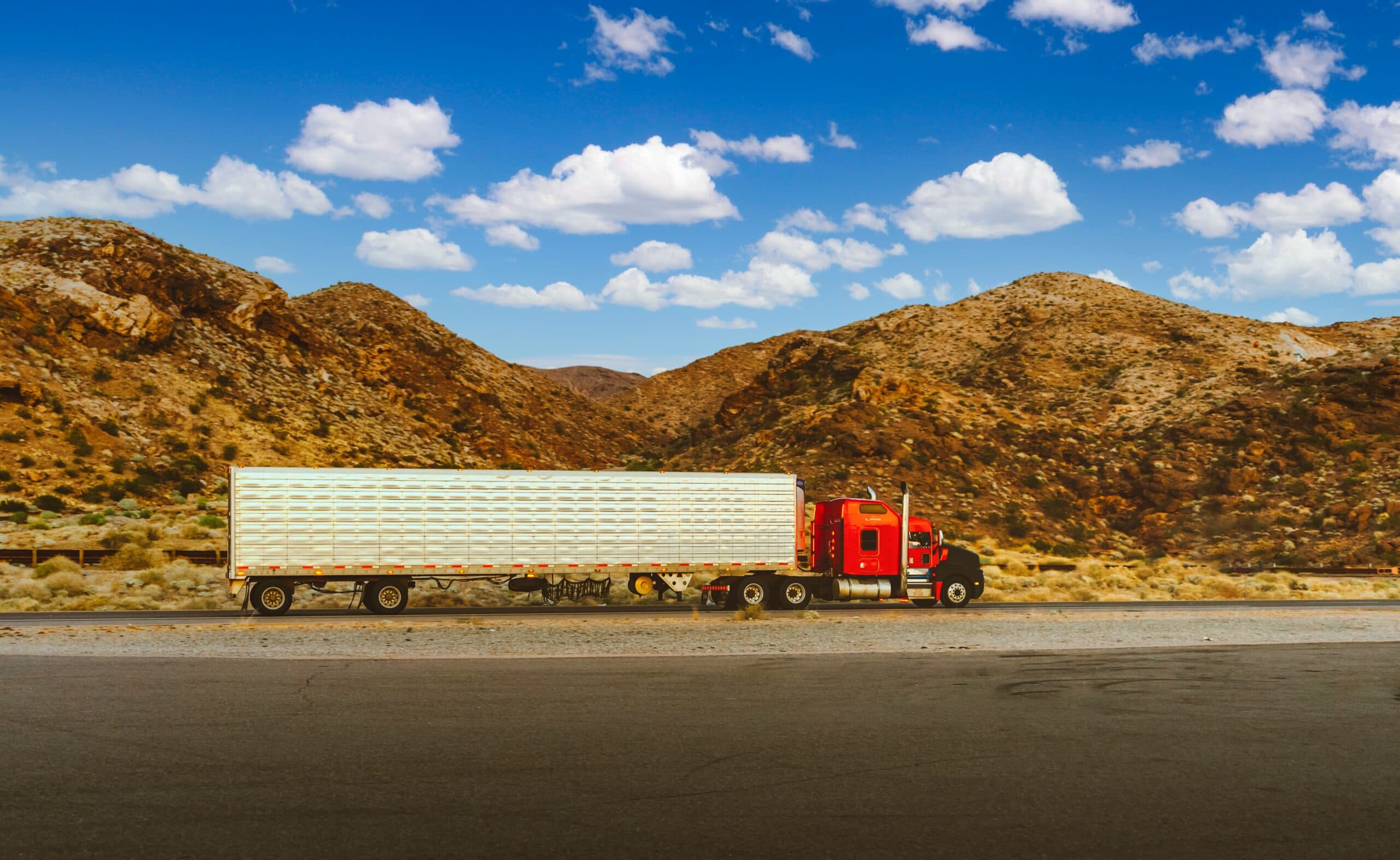The Foundation of a Trucking Company:
Fleet Management: Trucking companies maintain and manage a diverse fleet of vehicles, ranging from small delivery vans to heavy-duty long-haul trucks. These vehicles must be well-maintained, compliant with safety regulations, and optimized for efficiency.
Driver Recruitment and Management: Skilled and reliable drivers are the heart of any trucking company. Recruiting, training, and managing a team of professional drivers is essential to ensuring the safe and timely delivery of goods.
Route Planning and Logistics: Trucking companies must carefully plan and optimize routes to minimize fuel consumption, reduce transit times, and maximize delivery efficiency. This involves considering factors such as traffic, weather, and road conditions.
Challenges in the Trucking Industry:
Regulatory Compliance: The trucking industry is subject to numerous federal and state regulations governing safety, environmental standards, and driver hours of service. Staying compliant with these regulations can be a complex and costly endeavor.
Rising Fuel Costs: Fluctuations in fuel prices can significantly impact a trucking company’s operating costs. Implementing fuel-efficient technologies and strategies is crucial to mitigate these challenges.
Driver Shortages: The industry often faces a shortage of qualified drivers, leading to increased competition for talent and higher labor costs. Companies must invest in driver recruitment and retention efforts.
Technological Advancements: Automation, data analytics, and telematics are changing the landscape of the trucking industry. Companies must adopt new technologies to remain competitive and improve efficiency.
Evolving with the Times:
Telematics and GPS tracking systems help companies monitor vehicle performance, driver behavior, and route efficiency in real-time.
Automation and autonomous vehicles are being explored to address driver shortages and improve safety.
Sustainability initiatives, such as alternative fuels and electric trucks, are becoming increasingly popular to reduce the industry’s environmental footprint.
Advanced data analytics enable better decision-making, optimizing routes, reducing fuel consumption, and improving overall efficiency.
Conclusion:









